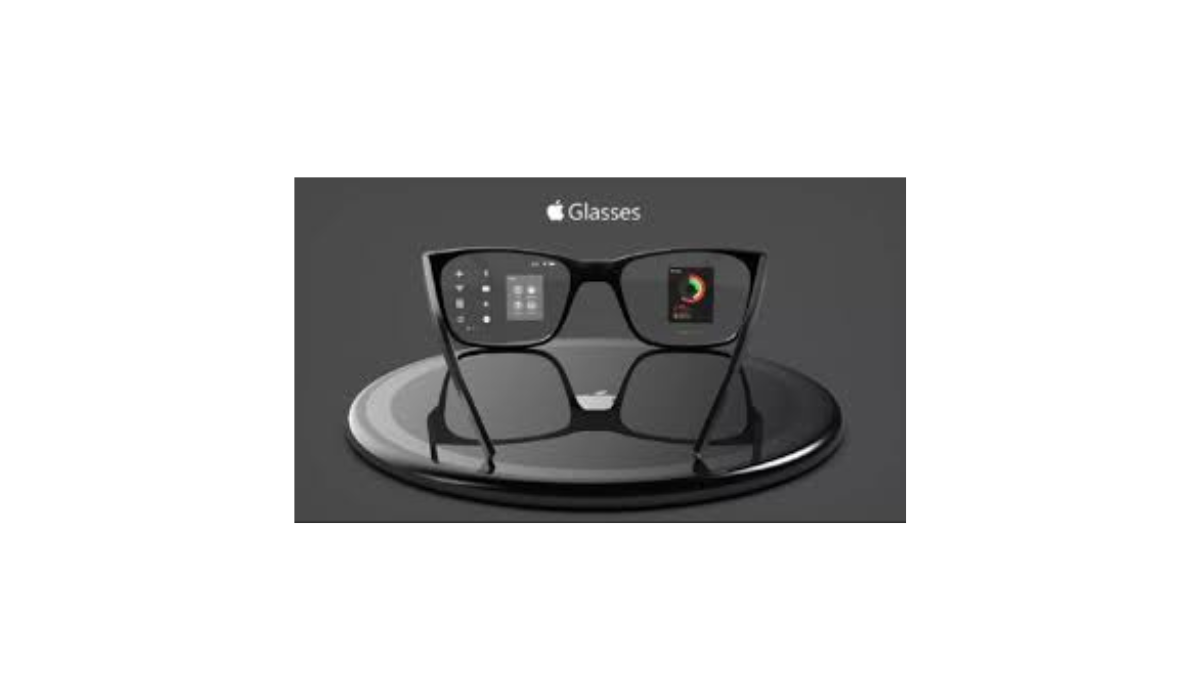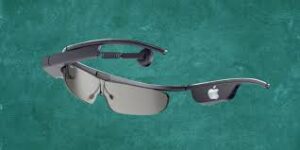Apple Delays AR Glasses Launch: A Strategic Move Towards Perfection

Apple has announced a delay in the launch of its highly anticipated augmented reality (AR) glasses, initially expected to debut in 2024. The company revealed that more time is needed to refine the product, ensuring it meets the high standards Apple is known for. This decision comes amidst a growing interest in AR and VR technologies, raising questions about Apple’s future plans in this competitive space.

Why Has Apple Postponed the AR Glasses?
According to internal sources, the delay stems from technical challenges and difficulties in achieving a seamless AR experience. Apple is reportedly working on designing a lightweight, user-friendly device that integrates advanced AR technologies while maintaining the sleek aesthetic associated with its brand. Additional time is also required to conduct thorough user experience testing and ensure the device delivers top-tier performance and reliability.
Innovative Technologies in Apple’s AR Glasses
Apple’s AR glasses are expected to incorporate cutting-edge technologies, including:
- Transparent Displays: Allowing users to interact with their real-world surroundings in real time.
- Wireless Connectivity: Seamless integration with iPhones and iPads to enhance the AR experience.
- Advanced AR Features: Enabling users to view and interact with digital content overlaid on their physical environment.
These features aim to redefine how users interact with the world around them, bridging the gap between the digital and physical realms.
Technical Challenges Behind the Delay
Developing AR glasses with the following features has proven to be a complex task for Apple:
- Transparent Displays: Balancing clarity and functionality in real-world settings.
- High-Resolution Cameras: Capturing the surrounding environment and blending it seamlessly with AR content.
- Lightweight Design: Ensuring comfort for prolonged use.
- Battery Life: Delivering long-lasting performance without compromising on weight.
Apple’s commitment to providing a flawless user experience has led to the decision to postpone the launch, ensuring the final product lives up to its reputation for innovation and quality.
The Competitive Landscape for AR Technology
The AR market is becoming increasingly competitive, with major tech players vying for dominance:
- Meta: Continues to innovate with its Oculus devices, pushing boundaries in AR and VR technologies.
- Google: An early pioneer in the AR space with Google Glass, it remains active in exploring new opportunities for the technology.
- Other Contenders: Companies like Microsoft and Snap are also making strides in AR development.
Given the competition, Apple’s AR glasses will need to offer distinctive features and superior performance to carve out a significant share of this rapidly growing market.
Impact of the Delay on Apple’s Strategy
While the delay may disappoint some investors and enthusiasts, Apple has consistently demonstrated a preference for delivering polished products rather than rushing to market. This additional time allows the company to:
- Enhance Device Compatibility: Seamlessly integrate the glasses with its ecosystem of devices, including iPhones, iPads, and Macs.
- Conduct User Trials: Gather valuable feedback to refine the glasses further.
- Develop AR Applications: Ensure a robust library of apps and use cases is available at launch.
This strategic approach underscores Apple’s commitment to maintaining its reputation for excellence.
Potential Launch Timeline
Although no official date has been announced, analysts speculate the launch may now occur between 2026 and 2027. By taking the time to perfect the glasses, Apple aims to avoid releasing a half-baked product that could harm its brand reputation.
The Future of AR at Apple
Augmented reality remains a cornerstone of Apple’s long-term vision for technological innovation. With its AR glasses, Apple aims to revolutionize industries such as:
- Gaming: Offering immersive AR experiences.
- Education: Providing interactive learning tools.
- Retail: Enhancing the shopping experience through virtual try-ons and 3D product visualizations.
While the delay may shift timelines, it also positions Apple to deliver a game-changing product that could set new industry standards.
Suggested for you: Apple to Launch Foldable iPad by 2028: Redefining the Tablet Experience
Conclusion
Apple’s decision to delay the launch of its AR glasses reflects its unwavering commitment to quality and innovation. Despite the challenges, the company is poised to redefine the AR landscape when it finally introduces its glasses to the market. For now, the tech world eagerly awaits further updates on Apple’s AR ambitions and how they will shape the future of augmented reality.


Comments